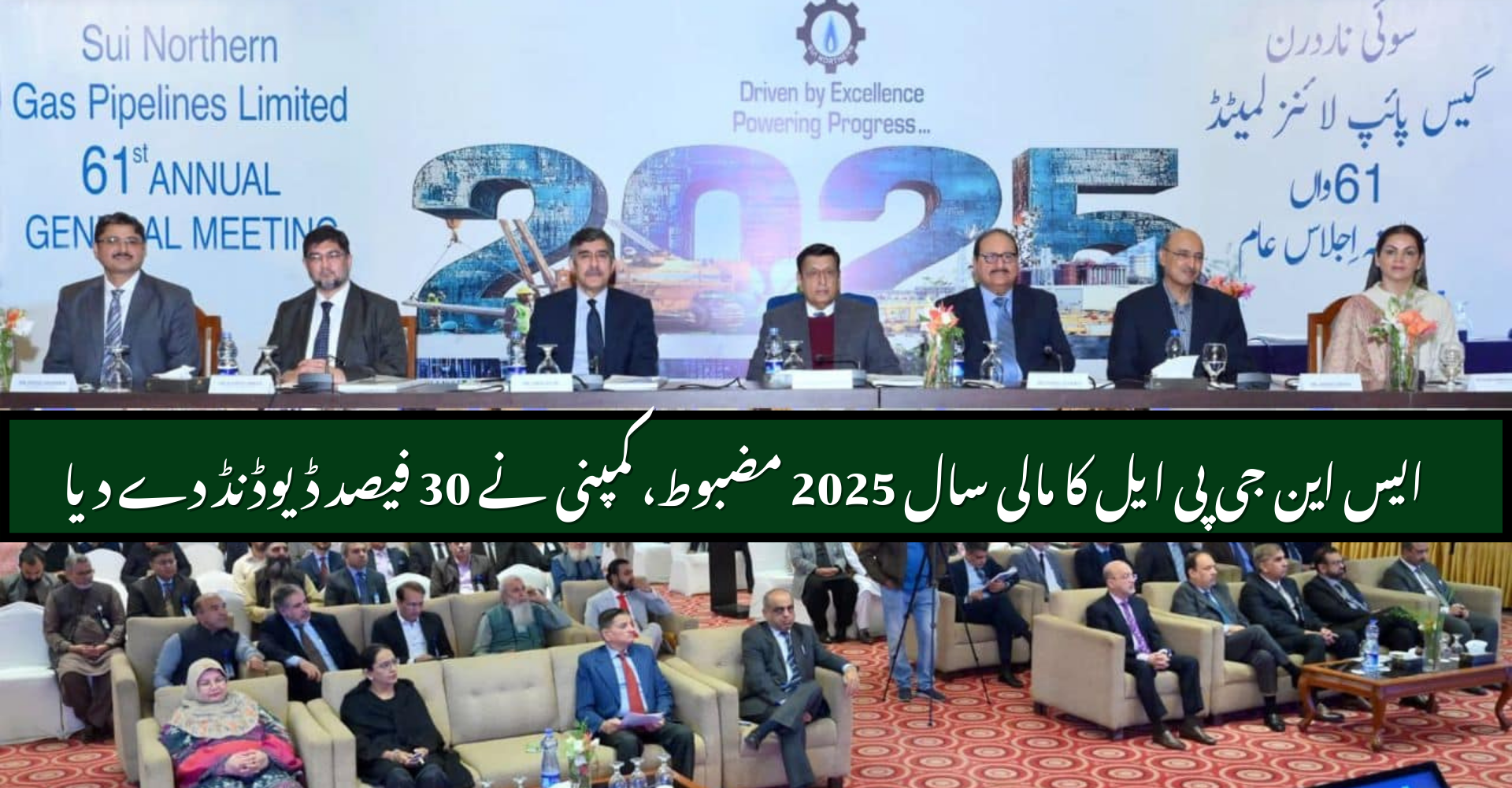500 Electric Buses: Sindh Bold Move to Modernize Karachi & Hyderabad Transit in 2025. Sindh is making bold strides toward a greener future with the introduction of 500 electric buses in Karachi and Hyderabad. Announced by Senior Provincial Minister Sharjeel Memon, this initiative is part of the People’s Green Transport Project, aimed at providing residents with cleaner, cost-effective, and modern public transport. In this article, we’ll explore how Sindh is transforming public transport, infrastructure, and environmental sustainability in 2025.
The People’s Green Transport Project: A Game-Changer
The People’s Green Transport Project is among Sindh’s most ambitious transport reforms. By deploying 500 electric buses, the government aims to provide an eco-friendly, affordable, and reliable alternative to the region’s existing overcrowded and polluting public transport system.
Benefits of the Electric Bus Fleet
- Environmental Impact: Reduction in air pollution and greenhouse gas emissions.
- Modern Amenities: Comfortable seating, Wi-Fi access, and air conditioning.
- Cost Efficiency: Lower operational costs compared to diesel buses.
- Phased Rollout: Gradual introduction ensures smooth integration with existing routes.
Modern Infrastructure Supporting Electric Buses
For electric buses to operate efficiently, Sindh is investing heavily in state-of-the-art infrastructure.
Charging Stations & Bus Depots
- High-capacity charging stations across Karachi and Hyderabad.
- Smart bus depots with maintenance facilities to ensure operational reliability.
Automated Fare Collection Systems
- Contactless payment options to reduce boarding time.
- Integration with mobile apps for easy fare tracking.
Smart Monitoring & Scheduling
- Real-time GPS tracking for buses.
- Passenger notifications for bus arrivals and delays.
- Optimized scheduling to reduce waiting times.
Elevated Expressway: Karachi Port to Qayyumabad
Alongside electric buses, Sindh is building a 16.5 km elevated expressway connecting Karachi Port to Qayyumabad.
Key Advantages
| Feature | Benefit |
|---|---|
| Dedicated freight lane | Reduces congestion on urban roads |
| Faster cargo movement | Enhances port efficiency |
| Safety improvements | Less traffic accidents & smoother transit |
| Reduced travel time | Passengers and goods reach faster |
By separating heavy cargo traffic from passenger routes, the expressway complements the People’s Green Transport Project while addressing Karachi’s chronic traffic congestion.
Environmental Initiatives: Riverine Forests in Jamshoro & Matiari
Sindh is taking proactive steps for environmental conservation through the planting of 41,000 acres of riverine forests.
Benefits of Riverine Forests
- Carbon Reduction: Trees absorb CO₂, helping fight climate change.
- Biodiversity Protection: Provides habitat for flora and fauna.
- Soil and Water Management: Prevents erosion and maintains water cycles.
- Community Green Spaces: Parks for recreation and wellness.
This environmental approach aligns with sustainable urban development and enhances Sindh’s livability.
Boosting Agriculture Through Modern Technology
Sindh is modernizing its agriculture sector alongside public transport.
Public-Private Partnerships (PPP)
- Collaboration with private enterprises ensures advanced technology adoption and investment.
- Drives innovation, efficiency, and employment opportunities.
Key Agricultural Projects
- Tomato Cluster Processing Plant, Thatta
- Facilitates better storage, processing, and distribution.
- Boosts local farmers’ income.
- Mechanization of Rice & Wheat Farming
- Modern machinery improves productivity.
- Reduces dependency on manual labor.
These initiatives support sustainable agriculture while complementing urban development goals.
Public-Private Partnerships Driving Urban Development
The PPP model is central to Sindh’s transformation.
Advantages
- Technology Transfer: Brings international standards to local infrastructure.
- Job Creation: Projects generate employment in transport, construction, and technology.
- Investment Boost: Encourages private-sector participation in urban development.
- Innovation Promotion: Enables adoption of smart transport solutions, renewable energy, and sustainable farming.
Economic and Social Impact of 500 Electric Buses
The introduction of 500 electric buses impacts Sindh beyond transport.
Social Benefits
- Improved commuting experience for citizens.
- Reduction in air pollution-related health issues.
- Promotes eco-conscious public behavior.
Economic Benefits
- Reduced fuel expenditure for the government.
- Job creation in bus maintenance, charging stations, and tech management.
- Encourages sustainable business models in transport and agriculture.
Challenges and Mitigation Strategies
Even with progressive steps, challenges exist.
| Challenge | Mitigation Strategy |
|---|---|
| High initial cost of electric buses | Government subsidies & PPP funding |
| Charging infrastructure expansion | Phased rollout & strategic placement |
| Public adoption of new buses | Awareness campaigns & incentives |
| Technical maintenance | Skilled workforce training & regular audits |
These proactive strategies ensure the People’s Green Transport Project achieves its goals sustainably.
Toward a Greener and Smarter Sindh
The 500 electric buses, elevated expressway, riverine forests, and agricultural modernization reflect Sindh’s holistic approach to development.
- Sustainable Urban Transport: Reduces emissions, improves commuter comfort.
- Modern Infrastructure: Charging stations, smart monitoring, and automated fare systems.
- Environmental Conservation: Large-scale reforestation and green spaces.
- Economic Growth: Job creation, PPP models, and agricultural efficiency.
Sindh is setting a benchmark for sustainable development in Pakistan, integrating technology, environmental stewardship, and citizen-centric urban planning.
FAQs
Q1: What is the People’s Green Transport Project in Sindh?
A1: It’s an initiative to introduce 500 electric buses in Karachi and Hyderabad, providing eco-friendly, affordable, and modern public transport.
Q2: How will electric buses reduce pollution in Karachi and Hyderabad?
A2: By replacing fossil fuel buses, electric buses lower emissions, improve air quality, and promote sustainable commuting.
Q3: What infrastructure supports these electric buses?
A3: Sindh is building charging stations, bus depots, automated fare systems, and smart monitoring tools to ensure efficiency.
Q4: How are Public-Private Partnerships (PPP) used in Sindh’s development projects?
A4: PPPs bring private sector expertise, funding, and technology to urban transport, agriculture, and infrastructure projects.
Q5: What other environmental initiatives are being undertaken in Sindh?
A5: Planting 41,000 acres of riverine forests in Jamshoro and Matiari, boosting biodiversity, soil quality, and carbon reduction.
Conclusion
The launch of 500 electric buses in Karachi and Hyderabad marks a historic step toward a sustainable, modern, and citizen-friendly Sindh. From smart infrastructure and elevated expressways to reforestation and agricultural modernization, Sindh is embracing green technology, innovation, and public-private collaboration.














